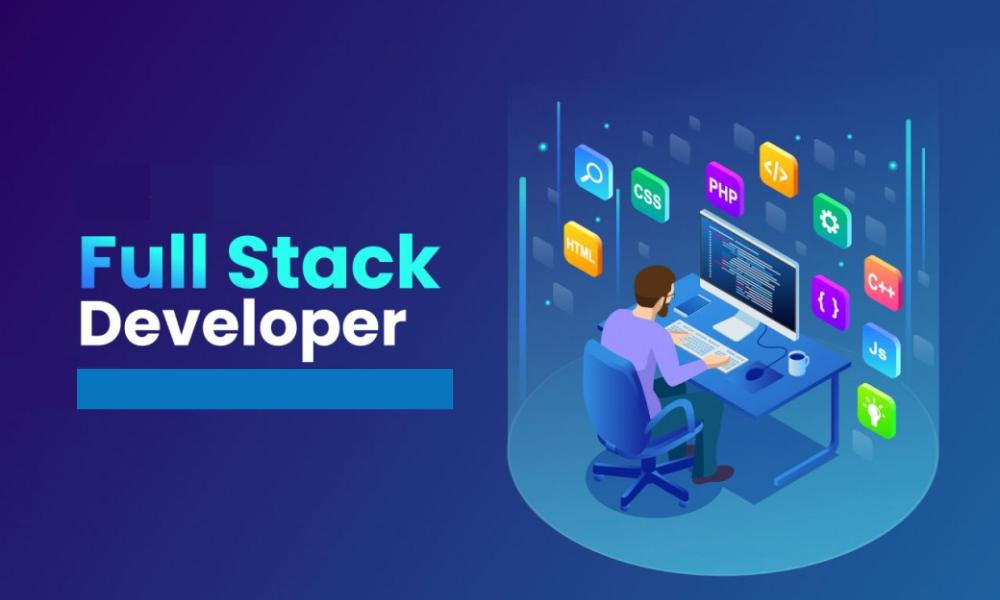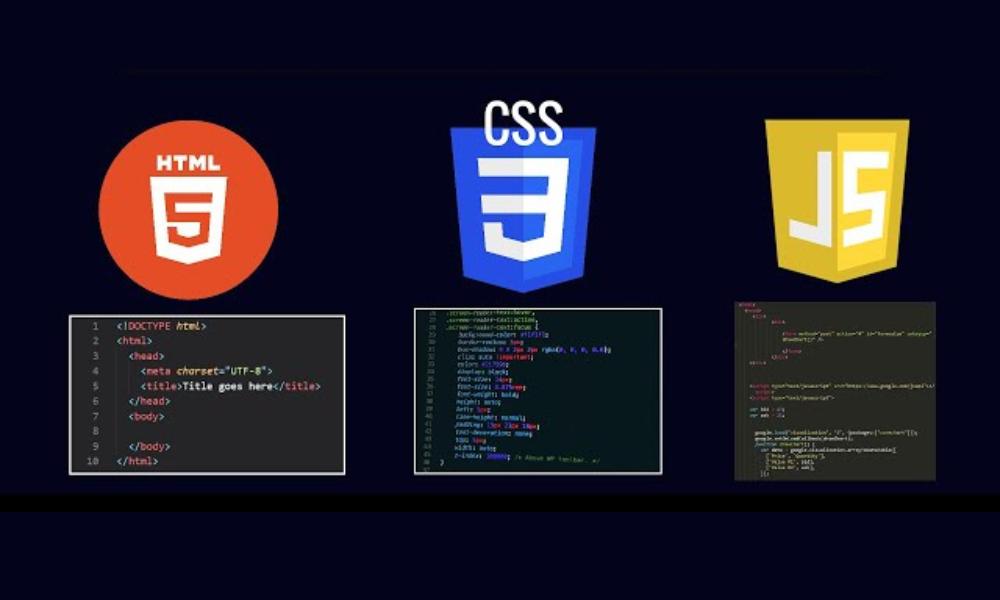
It’s no secret—tech companies love professionals who can wear multiple hats. As someone who’s spent nearly a decade in web development, I’ve watched a clear shift: businesses increasingly look for those who can handle both the visual and structural sides of building digital products.
These versatile professionals aren’t just bridging the gap between design and infrastructure anymore—they’re building the whole thing.
In this post, I’ll explain why this role is so valuable today, what that means for people interested in the path, and how to stay competitive in a fast-moving space.
Here’s what you’ll take away:
- Why employers look for hybrid engineers
- How this role boosts delivery speed and lowers costs
- Which skills matter the most
- A few personal tips for becoming one
Let’s dig in.
Companies Want Versatility—And We’ve Got It

Early in my career, teams were typically split between those who handled the browser and those who built the server. Now? It’s increasingly common for one well-rounded developer to do both.
That kind of flexibility is a huge advantage. If I can design the user experience, build the backend logic, and deploy everything to production, the business doesn’t need to coordinate between three separate people.
For anyone needing a refresher, I break this down in my guide to full-stack development.
Cost-Efficiency Is a Big Deal (Especially for Startups)
Startups are under pressure to deliver fast while keeping teams lean. When they hire someone who can manage the full pipeline—from interface to database—they reduce overhead, project delays, and communication friction.
Even in larger organizations, hiring a generalist means managers don’t have to wrangle multiple team members just to ship a feature. I’ve worked on projects where one clear specification led to a complete, functioning web app, without a single handoff. It’s efficient and effective.
Faster Project Delivery = Happier Clients (and Managers)
Having fewer handoffs means fewer blockers. If I’m responsible for both the frontend and backend, I know exactly how everything connects. I can adjust frontend behavior based on backend constraints without going back and forth with another developer.
This level of ownership speeds up iteration and makes bug fixing more straightforward. When timelines are tight, and feedback cycles are short, that agility is incredibly valuable.
If you’re curious what tools help me move fast, check out my post on development tools and frameworks.
Remote Work Loves Generalists
As distributed work became the norm, I noticed a big uptick in demand for developers who could work independently. When you’re dealing with time zones and asynchronous communication, fewer dependencies mean better productivity.
Someone who can take a specification and deliver a complete product is an ideal fit for remote teams. That’s why professionals with broad, cross-functional skills are thriving in freelance and distributed environments.
For freelancers like me, this autonomy is also a competitive edge. Clients want fewer meetings and faster delivery—and I’m usually the only point of contact they need.
The Skills That Make Us Indispensable

Here’s where things get practical. Let’s talk tools and technologies. These are the areas I focus on and recommend to anyone serious about mastering this path.
Frontend
- HTML, CSS, JavaScript: Still the foundation. I use them every day.
- React or Vue: You’ll want to pick one of these. They’re widely used and deeply valued.
- Responsive design and accessibility: Mobile-first isn’t optional anymore.
Backend
- Node.js with Express: A go-to for many of my projects, especially when I want to stay in JavaScript.
- Databases: I toggle between PostgreSQL for structured data and MongoDB for flexibility.
- APIs: RESTful and GraphQL—learning both gives you more options.
- Authentication and security: If users log in, you need to protect their data.
A lot of this is mapped out in detail in my development roadmap.
Career Growth Is Real
Professionals who can build complete applications are in a strong position. They can apply for more roles, take on freelance work independently, or lead smaller teams in fast-moving companies.
This isn’t just a trend—it’s reflected in hiring patterns and salary surveys. I talked more about this in my job market breakdown, but the short version is this: having broad technical ability gives you options. Better roles, higher rates, and more leverage in negotiations.
And importantly, the learning never stops. Staying current with tools and best practices keeps you employable—and excited to keep building.
Thinking of Becoming a Tech Generalist?
If you’re looking to get into this line of work, here’s what I’d recommend:
- Start with the basics. Learn how to build responsive pages with HTML, CSS, and JavaScript.
- Choose a backend language. Node.js is great if you want to keep using JavaScript, but Python is another excellent choice.
- Create real projects. Even a basic to-do app will teach you a lot about how different parts of an application connect.
- Learn Git. It’s not optional. It’s how you track your progress and collaborate.
- Deploy your work. Hosting your app online is how you show the world what you’ve built.
You can follow a more detailed step-by-step in my developer guide for 2025.
Not sure what to build? My portfolio project suggestions offer practical ideas to help you grow and show off your skills.
And while you’re learning, it’s worth reading about common mistakes to avoid—trust me, I’ve made a few.
Final Thoughts
The demand for developers who understand the full stack isn’t just about saving money or moving fast. It’s about having people on the team who can solve problems from start to finish.
These professionals see the big picture and handle the details. They build bridges between the front and back, between the user and the server, between the idea and the working app.
That’s what makes this role so valuable—and why I believe it’s one of the most rewarding careers in tech today.
FAQ
Why are developers with full-system skills in high demand?
Because they simplify the development process, reduce team size, and accelerate delivery without sacrificing quality.
Do these roles pay more?
Often yes. Their broad capabilities allow them to handle responsibilities that would normally be divided among several team members.How do I start learning this path?
Master frontend basics, choose a backend toolset, build connected applications, and keep learning by doing.
